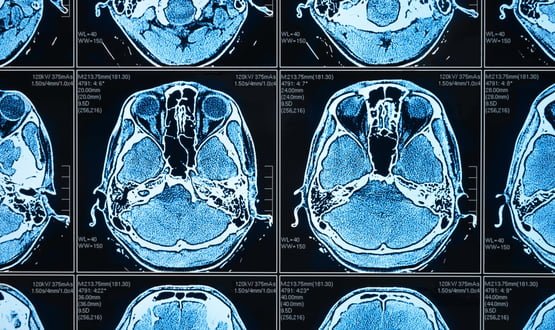Oxford imaging firm lends AI smarts to £50m government initiative
- 27 November 2018

Medical imaging firm Mirada Medical will form part of a consortium that will receive £50m in funding to help drive the development and adoption of artificial intelligence in UK healthcare.
Working alongside Guys & St Thomas hospital, the software company will partner with a medical imaging and artificial intelligence (AI) centre led by Kings College London to demonstrate how deep learning and “advanced” medical imaging technologies can improve patient care.
The work will be funded by the UK government under Wave 2 of the Industrial Strategy Challenge Fund, as part of the ‘Data to Early Diagnosis and Precision Medicine’ initiative.
The programme aims to improve the efficiency of cancer detection and diagnosis and better outcomes for patients, as well as cost reductions for the NHS.
Reza Razavi, director of the Kings College-led London Medical Imaging & Artificial Intelligence Centre for Value-Based Healthcare, said the project would “help put the UK at the forefront of developing and applying new technologies to improve healthcare.”
Razavi added: “The Centre will provide a fantastic opportunity to transform 12 different patient pathways by using advanced imaging and AI and help make the products that will substantially improve the experience for our patients and their clinical outcomes.
“It will also allow us to better utilise the resources within the NHS.”
Oxford-based Mirada specialises in diagnostic imaging, radiation oncology and interventional medicine technologies designed to simplify complex image processing tasks.
As part of its work in AI, the company has developed deep learning applications for radiotherapy planning, which it claimed to be the first to receive regulatory approval in Europe and the USA.
For its work for the UK government, Mirada will also partner with the University of Oxford’s National Consortium of Intelligent Medical Imaging (NCIMI) to investigate the role that AI and deep learning can play in diagnostic nuclear medicine – the application of radioactive substances to the human body to examine bodily functions.
Mark Gooding, chief scientist at Mirada Medical, said: “We are excited to be co-operating with these prestigious institutions and are determined to continue to improve healthcare outcomes and NHS pathways through our ongoing development of AI-based imaging software applications.”



